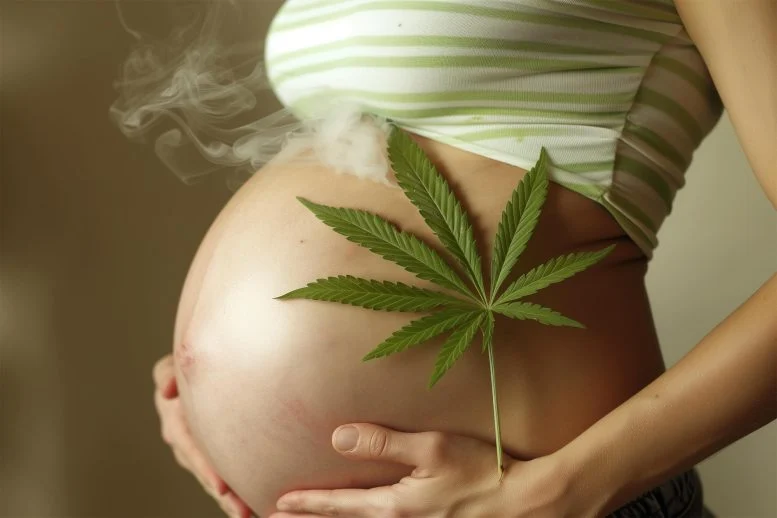As cannabis becomes more accessible due to its legalization across much of the country, healthcare providers are increasingly concerned about its potential impact on child development. A recent study by Nationwide Children’s Hospital adds to the growing body of evidence suggesting that prenatal exposure to cannabis may have harmful effects on children’s cognitive abilities and behavior.
Study Findings: Cognitive and Behavioral Impacts
In a study published on October 28, 2024, in JAMA Pediatrics, researchers found that children exposed to cannabis in utero demonstrated poorer cognitive abilities, including reduced impulse control, difficulty focusing, trouble planning, and increased aggression. These behavioral and cognitive challenges can hinder a child’s success in school and complicate their ability to form healthy social relationships.
Sarah Keim, PhD, principal investigator in the Center for Biobehavioral Health at Nationwide Children’s and the study’s lead author, stressed that while cannabis is a natural substance, its use during pregnancy poses significant risks. “Some women may turn to cannabis to help manage common pregnancy issues such as nausea, sleep problems, and stress, but this is not recommended,” Keim said. “Consulting with a healthcare provider to find safer alternatives is important for the health of both mother and child.”
Methodology of the Study
The research team conducted multiple assessments of preschool-aged children, including parent-reported behaviors and measurements of cognitive skills related to impulse control, attention, problem-solving, and emotional regulation. Observations in a play laboratory setting revealed that children exposed to cannabis before birth had more difficulty managing their impulses and emotions, had trouble paying attention, and exhibited higher levels of aggression.
Confirming and Expanding Previous Research
Dr. Keim noted that these findings were not unexpected, as they confirm and expand upon previous research linking prenatal cannabis exposure to developmental challenges in children. “With our more contemporary and diverse sample of women and children, along with the higher potency of cannabis today compared to past decades, this study validates previous research and supports current clinical recommendations,” Keim explained.
Both the American Academy of Pediatrics and the American College of Obstetricians and Gynecologists caution against the use of cannabis during pregnancy due to the potential health risks for both the mother and child.
Recommendations for Expecting Mothers
Experts continue to advise that pregnant women refrain from using cannabis and consult with healthcare providers for safer alternatives to address common pregnancy discomforts. With the increasing availability and use of cannabis, it is critical that both healthcare professionals and the public understand the potential risks involved for children exposed to the substance during pregnancy.
For more details, see the study: “Prenatal Cannabis Exposure and Executive Function and Aggressive Behavior at Age 5 Years,” by Sarah A. Keim et al., published on October 28, 2024, in JAMA Pediatrics.
DOI: 10.1001/jamapediatrics.2024.4352











